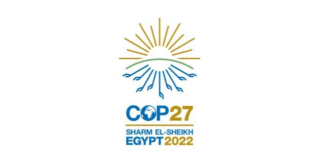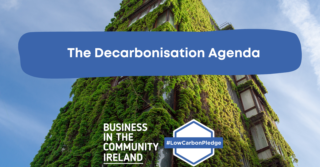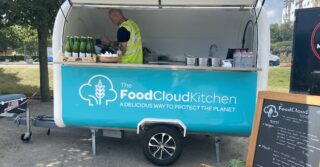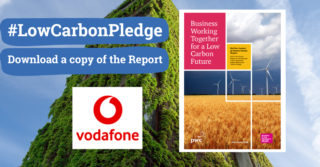Integrating biodiversity at SSE Airtricity
Biodiversity and nature preservation are central components in tackling the climate crisis and are taking centre stage in decisive conversations like COP26 where world leaders have committed to ending deforestation by 2030 and to making the protection of natural habitats a priority.
From a business perspective, incorporating biodiversity into all aspects of a business is not without its challenges. However, several BITCI members have incorporated biodiversity in their operations, providing a wealth of knowledge on the opportunities and challenges for business and biodiversity at this critical point. Here is how SSE Airtricity implemented a Biodiversity Policy that aims to permeate all stages of its work through three key objectives:
Objective 1: Empowering People to Engage with the Natural World
The Galway Wind Way in Cloosh Valley, Connemara was designed in consultation with local community groups to provide access to a wild and remote place that is rich in biodiversity. The Wind Way forms part of Galway Wind Park and incorporates six routes along 48 km providing walks for the local community and visitors alike. Access to nature is increasingly linked to our physical and mental wellbeing. Interpretation panels along the Wind Way help visitors connect with previous generations and the wildlife that still thrives today in the surrounding habitats. Over 150 hectares of low-productivity forestry will be felled and restored to peatland habitat as part of the restoration plan for the wind farm, linking two protected designated sites.
Objective 2: Working with Stakeholders to Protect, Restore and Enhance Biodiversity
SSE operates a Community Fund that supports a range of community-led green initiatives, including four beekeeper associations across the island of Ireland. One initiative, led by Cumann Beachairí Chonamara (Connemara Beekeepers Association), runs an education programme to increase awareness among members and the wider community. Another initiative saw Dunneill Wind Farm, Co. Sligo establish its own apiary with six native Irish honey bee hives. The wind farm site supervisor facilitates visits from local pupils where a local beekeeper discusses pollination and wider biodiversity topics, providing the students with a deeper understanding of ecosystem services. The Dunneill Apiary links in with the SSE Pollinator Plan, which was developed to support the All-Ireland Pollinator Plan in protecting our 98 native bee species, half of which are in decline. There is a strong connection between pollinators and farming so this action is relevant to many agricultural communities in which SSE operates. Their Pollinator Plan aims to create new tree and wildflower planting that will provide habitat and food supply for pollinators. They are raising awareness among staff and we are also trialling pollinator-friendly weed control methods as part of this initiative.
Objective 3: Realise the Economic Benefits of a Diverse Natural Environment
Climate change is a key threat to biodiversity. The production of renewable energy is a core part of SSE’s business and they are the largest supplier of sustainable energy on the island of Ireland. SSE operates in rural environments, providing an alternative land use that can help reduce of agricultural intensification and maintain more species-rich grasslands and uplands. As a company, they are constantly looking at integrating biodiversity protection into the supply chain. It is an ongoing challenge to reduce our ecological footprint, change long-standing work practices, raise awareness and increase support for new initiatives but it’s one that they are happy to accept.
Want to learn more about Business and Biodiversity?
Read more on business and biodiversity in The Biodiversity Handbook for Business.
Sign up to our newsletter for more sustainability and biodiversity news.






